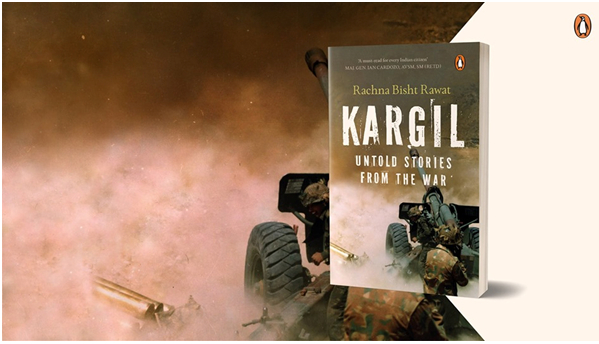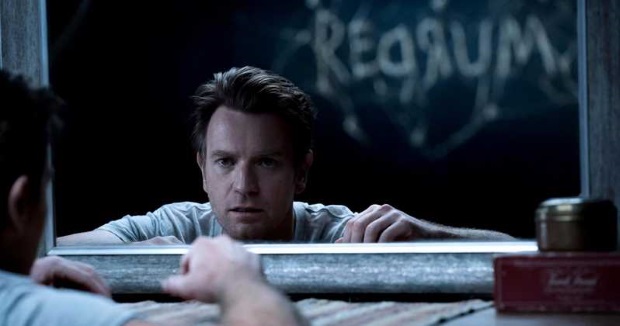The Impact of Censorship on the Publishing Industry and Right to Expression
On the one hand, the efforts to remove language and descriptions that may be seen as offensive or derogatory are also seen as a positive step toward promoting diversity and inclusivity in literature.on Apr 20, 2023
.jpg)
The recent changes made to classic works of literature by authors such as Agatha Christie and Roald Dahl have sparked a heated debate about the impact of censorship on the publishing industry and the freedom to publish.
In an effort to make the books more inclusive and eliminate offensive language, publishers have hired sensitive readers to review and edit the books before reissuing them. This move has been applauded and criticized by readers, writers, and publishers alike.
On the one hand, the efforts to remove language and descriptions that may be seen as offensive or derogatory are also seen as a positive step toward promoting diversity and inclusivity in literature. Sensitivity readers aim to prevent harmful stereotypes and promote accurate representation in literature, which is crucial in today's society where diversity and representation are vital issues.
However, on the other hand, critics argue that this type of censorship infringes on the author's creative freedom and authenticity of the work. By changing the original text, publishers may alter the author's original intent and take away from the historical and cultural context in which the works were written.
Furthermore, the edited versions of these books may fail to capture the historical and cultural context in which they were written, which could diminish their value as works of literature.
The impact of censorship on the publishing industry is a complex issue that requires careful consideration of both the benefits and drawbacks. While promoting diversity and inclusivity in literature is noble, it is crucial to balance this with the preservation of the author's original intent and the cultural and historical context in which the works were written.
Ultimately, the decision to edit or reissue works of literature must be made on a case-by-case basis, considering the cultural and historical context, the author's intent, and the potential impact of censorship on the freedom to publish. As the publishing industry continues to evolve, it will be interesting to see how the balance between censorship and creative freedom is struck.
Let us know your thoughts on the evolving relationship between authors' expression and censorship in the comments section.

.jpg)
.jpg)
.jpg)

.jpg)
.jpg)
.jpg)
.jpg)
.jpg)
.jpg)
.jpg)
.jpg)
.jpg)
.jpg)
.jpg)

.jpg)








Sorry! No comment found for this post.